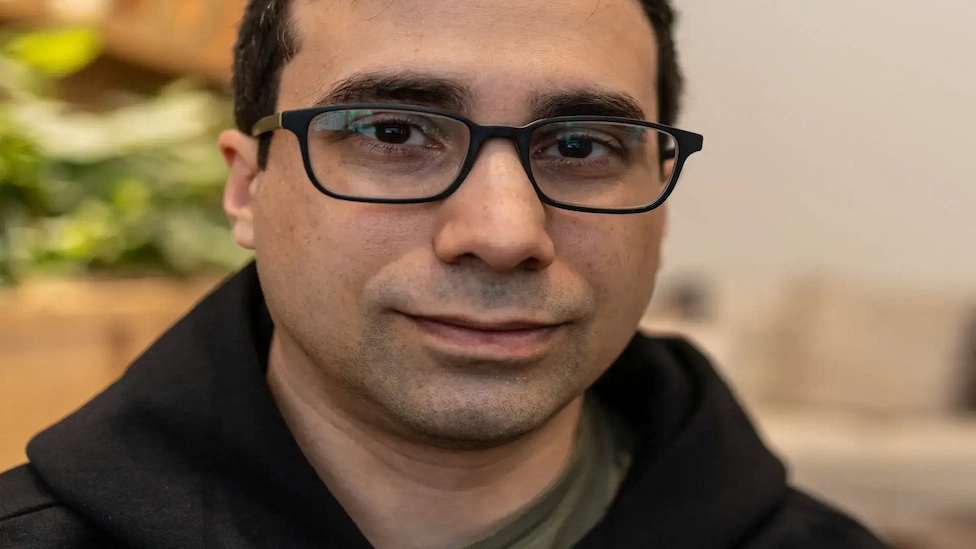AI Talent War Heats Up as Tech Giants Compete for Superstar Researchers: A fierce AI talent war is unfolding in Silicon Valley. Since the launch of ChatGPT in late 2022, top companies have been competing to attract elite AI researchers.
Tech giants like OpenAI, Google, and Elon Musk’s xAI are offering massive bonuses, perks, and even private meetings with top executives. The stakes are high as these experts hold the keys to future AI breakthroughs. This race is not just about money; it’s about power, innovation, and staying ahead in the global AI race.
Also Read | Trump Administration’s Harvard Foreign Students Ban: What You Need to Know
AI Talent War Heats Up as Tech Giants Compete for Superstar Researchers: Insights
- Top AI researchers receive offers worth tens of millions in cash and equity.
- OpenAI, Google, and xAI lead the push to secure rare AI talent.
- Companies use strategies from sports and chess to scout and recruit candidates.
- Retention bonuses at OpenAI reach up to $20 million in equity.
- Google DeepMind offers AI researchers $20 million annual packages.
- There are only a few hundred top-tier AI researchers globally.
- Tech firms now target experts from quantum physics and theoretical math fields.
- Ex-OpenAI CTO Mira Murati is forming a strong AI startup with ex-OpenAI talent.
- Zeki Data uses “Moneyball” strategies to find hidden AI talent.
- Researchers value compute resources and mission alignment over money alone.
Background
The tech world has long been known for intense hiring competition. But since ChatGPT shook the world in 2022, the game has changed. The current AI talent war is far more aggressive, with compensation levels reaching new heights. This trend reflects a growing belief that only a handful of researchers truly drive innovation.
These individuals, often called ICs or individual contributors, are seen as crucial to building the next generation of AI models. Companies are now investing heavily in both talent and tools to stay competitive.
Main Event
Ariel Herbert-Voss, a former OpenAI researcher, compared AI hiring to a fast-paced game of chess. Companies race to acquire researchers who offer unique skills like “rooks” and “knights” in a chess match. When Noam Brown explored roles in 2023, he received offers that included poker with Sam Altman and a visit from Google co-founder Sergey Brin. Brown eventually chose OpenAI, not for the money, but for the resources behind his work.
According to sources, OpenAI researchers interested in joining Ilya Sutskever’s new venture, SSI, were offered retention bonuses of $2 million and equity worth over $20 million. Some were only required to stay a year to claim these bonuses. Others who got offers from Eleven Labs received similar counteroffers from OpenAI, including $1 million-plus bonuses.
Google DeepMind also raised the stakes. They offered AI researchers up to $20 million annually and changed stock vesting periods from four years to three. In contrast, average engineers at big tech firms earn about $281,000 in salary and $261,000 in equity.
Sam Altman once tweeted that top AI researchers are “10,000x” more effective than average engineers. This belief drives sky-high offers and fierce recruiting tactics. With so few truly elite researchers, companies treat them like star athletes, worthy of big money and special treatment in the ever-growing AI talent war.

OpenAI labs buzz with activity as tech giants offer $20M+ packages to lure top AI researchers like these, sparking an unprecedented talent war in Silicon Valley.
Photo Credits: Getty Images.
Implications
The ongoing AI talent war is reshaping the tech hiring landscape. Startups and major firms alike now compete on creativity, not just cash. The public may benefit through faster AI innovation, but these inflated packages could widen the tech wealth gap.
Governments and educational institutions might face pressure to train more AI experts. Businesses outside the tech bubble may struggle to attract top engineers. Meanwhile, smaller AI startups may need to partner or consolidate to survive. As elite researchers hold more power, the future of AI could rest in the hands of a very small group.
Conclusion
The AI talent war shows no sign of slowing. With only a few hundred elite researchers in the world, the stakes remain high. As companies continue offering massive packages, the industry may see shifts in team loyalties, startup growth, and innovation speed. Experts believe that the future of AI will depend not just on tools or data but on who can win and keep the minds behind the models.



